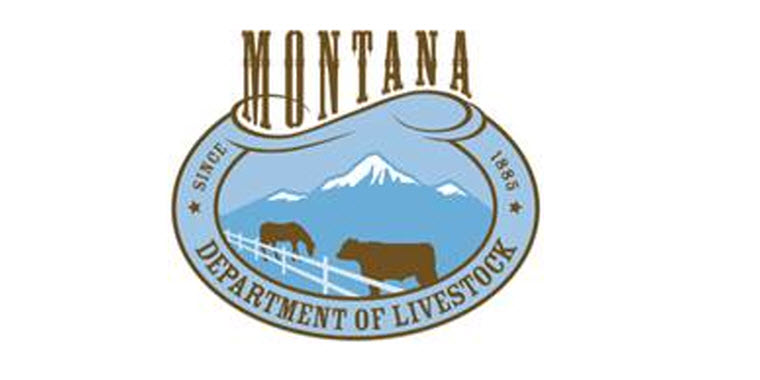The Legislative Audit Committee recently determined that the Department of Livestock violated state statute when it used livestock Per Capita fees to pay a portion of a $204,000 settlement after Executive Director Christian MacKay resigned in September.
According to John Scully, Vice-chair of the Board of Livestock, the issue raised in the audit was whether or not per capita moneys were appropriate to be used for paying the settlement based on how the state statute.
“We had no idea that there was an issue dealing with per capita because of the manner in which the statute is stated, that the funds can be used towards salary.” Scully said.
The state statute regarding per capita livestock fees reads “The fee is in addition to appropriations and is to help pay the salaries and all expenses connected with the enforcement of the livestock laws of the state and bounties on wild animals as provided in 81-7-104.”
Mike Honeycutt, who replaced MacKay as the new Executive Director for the Department of Livestock in February, noted that the attorneys advising the Board had agreed that the statute allowed for the funds to be used toward settlement fees.
Honeycutt said “That’s really the heart of why the Department did not concur with the finding. We had another legal opinion saying that we interpret that statute in the way you interpreted it.”
The department had looked into other sources to fund the settlement including submitting a request last fall to the governor’s office to fund for the full settlement amount through a personnel contingency fund, but was told that request wouldn’t be considered until the end of this fiscal year.
The contingency fund, Honeycutt explained, is a fund to be used for these type of unforeseen circumstances or a high number of retirements in one year. However, he noted the contingency fund isn’t cash. “They hold some spending authority from the legislature in reserve to be able to give that to departments,” he said.
“We’ve actually made a request, not only in regards to this payout, but also due to the fact that we had a lot of retirements in the past year,” said Honeycutt. “They consider those at the end of the fiscal year. One of the factors in their decision will be if your agency has the ability somewhere else within the department to make that up, they may chose to do that.”
“Another important distinction there is that we still may have to pay the bill. They may give us the authority, but may ask us to go to our reserve funds to come up with the cash.” Honeycutt said.
Honeycutt wasn’t convinced that some of the other options given by the audit committee to fund the settlement were very viable.
“The audit committee put together several other option that they thought we could have used including unspent general fund,” said Honeycutt.
“What we have general fund for is meat inspection, the public health portion of the lab, Designated Surveillance Area (DSA) and brucellosis management, and that’s the majority of our general fund. We would have had to take money out of one of these programs, and that would have been equally unpalatable., He said.
There has been some controversy regarding whether MacKay should have been paid a settlement at all. His original contract stated he was an “At Will” employee a term typically used for an employee who can be dismissed by an employer for any reason and without warning. However, the Montana Department of Administration didn’t agree.
“The Department of Administration attorney sent a memo to the Board stating that [MacKay] was entitled to all benefits as if he was were a state employee. This increased the financial burden,” said Scully.
Scully noted that going forward, this type of settlement payout should be a one time event. Following MacKay’s resignation, legislation was introduced by State Representative Alan Redfield to clarify that the Department of Livestock Executive Director position is “At Will”, and was put into state statue.
Honeycutt also offered some reassurance. “For the public, I know they have great concerns, having watched the livestock budget for quite some time and have had some disappointments there. I’m getting the benefit of some really tough decisions that the Board of Livestock made, but they were the right decisions to be made.”
He continued, “For folks who worry about how this impacts the future of the department financially, I really feel this is a bridge we have crossed. The department is in much better shape and on much more solid footing financially now than it was 8 months ago or a year ago. I know the Board of Livestock takes some heat for these decisions that they felt needed to be made, but they also made some really tough decisions that are now bearing fruit for the department. These things we are talking about that happened in the past, they are not going to have a big bearing on our future on whether the department is in good financial health.”
© Northern Ag Network 2016




